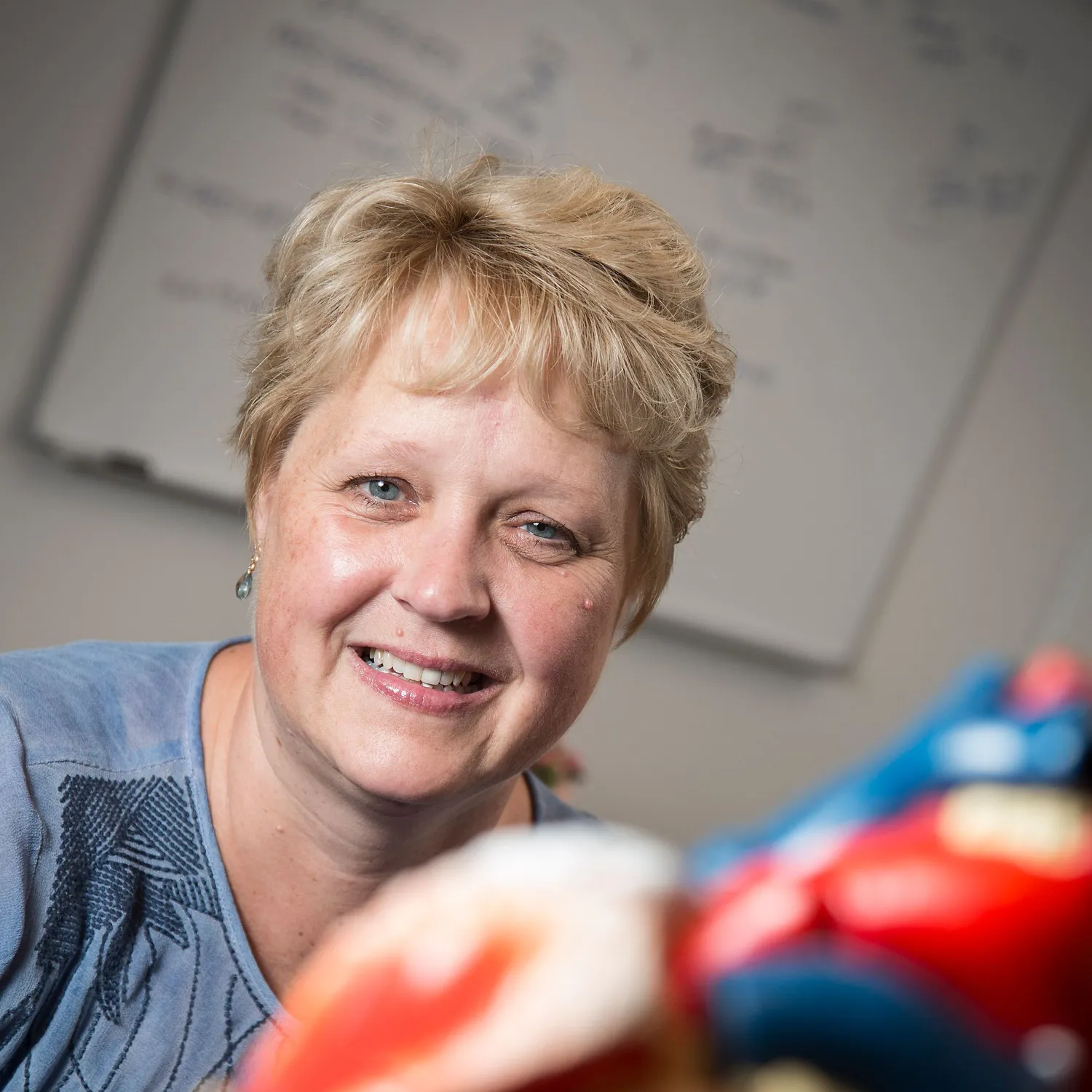What is your role within the ESCAPE project?
I am the coordinator of ESCAPE and primarily, but not exclusively, involved in Work Package 1. In addition to coordinating ESCAPE, Syddansk Universitet also contributes to WP2, WP4, WP6 and WP7.
What led you to work on a project like ESCAPE?
Since my PhD, I have conducted research with different groups of patients with heart disease with a particular emphasis on patient outcomes such as quality of life and prognosis. My research focuses on the patient perspective, their needs, and preferences, and how we can improve care for them.
As a psychologist, I am particularly interested in interdisciplinary research as I believe that this is the gateway to the best quality of care for patients. In cardiology, there is an urgent need to treat both the heart and the mind. We need to understand not only the underlying physical condition but also patients’ mental health, such as anxiety and depression.
Cardiac patients often have other comorbidities in addition to anxiety and depression, such as diabetes, or COPD. In all these diseases, psychological disorders and increased psychological symptom levels play a role with respect to adherence, quality of life, prognosis and risk of hospitalization and premature death. Hence the idea of holistic and integrated care – as presented in ESCAPE – is not foreign to me.
Why do you think ESCAPE is important?
Medical treatment options have improved, which means patients live longer with the risk that they will end up with multimorbidity. However, current healthcare systems are not prepared to meet this health crisis. Currently, care for these patients is fragmented, with little coordination between the different health care professionals. This leaves a considerable burden not only on patients but also on their carers. Only those who are resourceful, and have a high level of health literacy and know-how to navigate the system are likely to receive the treatment that they need, increasing the risk of inequality in healthcare in general. Hence, there is an urgent need to improve care for elderly patients with multimorbidity, using an integrated care approach as adopted in ESCAPE. I also hope that ESCAPE will lead to a greater focus on mental health issues in general, including those patients with single somatic diseases.
What do you hope to be a long-lasting outcome from this research?
I hope that ESCAPE results can demonstrate that patients benefit from the integrated care approach and that the associated interventions will also be cost-effective. If ESCAPE can demonstrate both patient and cost-effectiveness, there may be a chance to implement this approach in clinical practice for elderly multimorbid patients. This could also lead to testing the efficacy of ESCAPE methodologies in younger multimorbid patients.
